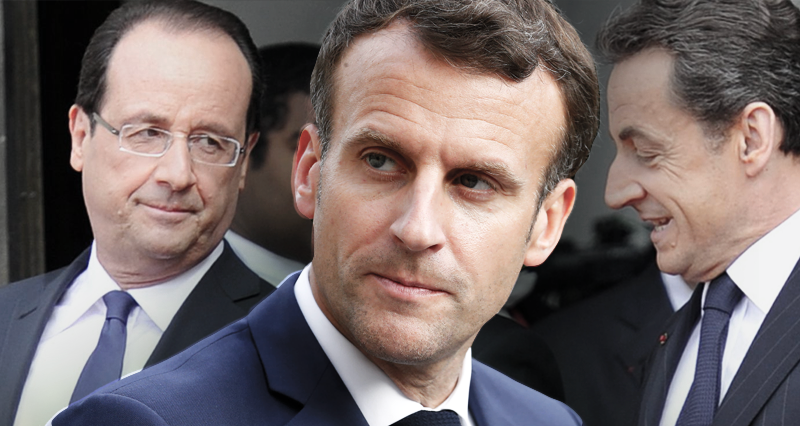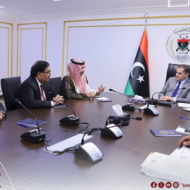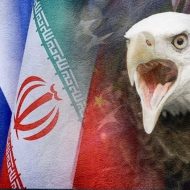By Odile Mojon, Paris / France
While France is facing a growing rejection in Africa, Emmanuel Macron began a four-days tour of Central Africa on March 1st, from Gabon to the Democratic Republic of Congo Brazzaville, via Angola and Congo.
The aim? To proclaim – once again – the end of Françafrique, to develop a neutral approach refocused on “business” relations, to give pledges of goodwill by involving African countries in the management of French military bases in Africa (with the exception of the one in Djibouti).
The announcements, however, came up against reality. In Gabon, one of the countries where France’s presence is historically the strongest, Macron was officially coming to co-chair the summit on the protection of tropical forests. However, many Gabonese are suspicious about his presence at this very time, six months ahead of the presidential election, and are claiming that he intends to support Ali Bongo in his bid to be reelected as Gabon’s president. Next, in Congo Brazzaville, Macron’s visit of a few hours sparked some irony from President Denis Sassou N’Guesso, who enumerated to his French counterpart a list of places where he could go next time, during a longer visit…
As for Emmanuel Macron’s visit to the Democratic Republic of Congo, the last stage of his trip, it was the occasion for an exchange that was not very conducive to serene relations between the two countries, dismantling in a few sentences all the promises of a so-called « new beginning ». During the press conference between the two heads of state on March 4th, Emmanuel Macron told President Félix Tshisékédi: “Since 1994, you have never been able to restore the military, security or administrative sovereignty of your country. This is also a reality. We should not look for the culprits outside.”
Such a statement, followed by recommendations worthy of a teacher addressing his pupil, could obviously only provoke the irritation of his host and cast doubt on the sincerity of the French head of state.
In the end, it is perhaps in Angola, a country historically outside the French zone of influence, that Emmanuel Macron’s visit seems to have been the most positive. The aim was to open up new avenues in a land untouched by French colonial presence. The project of cooperation in the agricultural field, a tangible issue for this country, which is almost totally dependent on its imports, at least had the merit of giving the sense that a constructive partnership is possible even if others, such as China, are already active in this field. Critics have, of course, not failed to point to the involvement of French oil giant Total Energies in the Ugandan oil sector, on which the country is largely dependent, to relativize the claim of a relationship free of self-serving calculations.
So, yes, there was a need to renew ties, to seek reconciliation and to limit the damage to a seriously damaged relationship. But, here again, Emmanuel Macron did not convince; just as he did not convince the French themselves. It could certainly be argued that the winds were not favorable to him, as it is clear that Africa today has a strong desire for emancipation from its former colonies and especially from France. Moreover, while it is clear that Emmanuel Macron also visited Africa with a view to countering the growing presence of other actors in Africa, it is doubtful that he succeeded. To do so, he would have to show himself capable of questioning why this immense continent is ‘accommodating’ what some refer to as new ‘colonization’ launched by China, Russia, Türkiye or even India. Assuming that he is willing to understand this evolution, he could then hypothesize that it is largely because these countries respond to the very legitimate desire for emancipation through the development of Africa and, above all, provide it with the means.
But in this, Emmanuel Macron is no different from Nicolas Sarkozy or François Hollande who expressed no vision, nor any real will to understand Africa’s aspiration to real economic development: industrial, agricultural, scientific, etc.
In Africa, Macron’s visit did not provoke the enthusiasm that usually accompanies most visits by French presidents. More importantly, it went relatively unnoticed in France itself, despite the interest that Africa has always held for the French, and despite the large African diaspora that resides there.









Leave a Reply